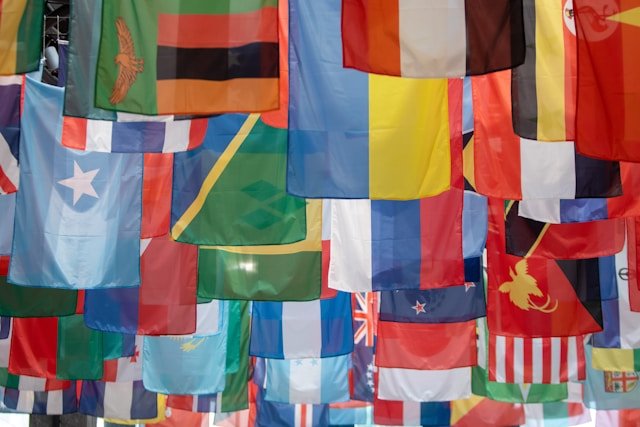Crafting a Successful Recruitment Strategy for International Affairs
Recruiting top talent in the field of International Affairs requires a strategic and targeted approach. This field demands a unique combination of skills, cultural awareness, and expertise, making it essential to craft a recruitment strategy that attracts the right candidates.
1. Identify Core Competencies and Skills
The first step in crafting a recruitment strategy is identifying the core competencies and skills necessary for success in International Affairs. These typically include cross-cultural communication, language proficiency, diplomatic skills, analytical thinking, and knowledge of global political and economic landscapes. Defining these competencies helps in creating precise job descriptions and assessing candidates effectively.
2. Leverage Global Networks
International Affairs is inherently global, so your recruitment strategy should be too. Utilize global professional networks such as LinkedIn, international job boards, and specialized forums for International Affairs professionals. Additionally, partner with universities that offer International Relations programs, particularly those with a strong international focus. This expands your reach to a diverse and qualified talent pool.
3. Enhance Employer Branding
Your organization’s reputation in the international community can significantly impact your ability to attract top talent. Emphasize your commitment to global issues, diversity, and professional development in your employer branding. Highlight successful projects, partnerships, and the career growth opportunities within your organization. A strong employer brand resonates with professionals who are passionate about making a global impact.
4. Utilize Targeted Outreach and Recruitment Campaigns
Craft recruitment campaigns that target professionals in key regions and sectors relevant to your needs. This can include hosting or sponsoring international conferences, webinars, and career fairs in specific geographic locations. Tailor your outreach to regions where you seek expertise, such as the European Union, Asia-Pacific, or Latin America, and consider bilingual or multilingual communication for these campaigns.
5. Prioritize Diversity and Inclusion
International Affairs is a diverse field by nature, and your recruitment strategy should reflect this. Prioritize diversity and inclusion by actively seeking candidates from various cultural, linguistic, and geographic backgrounds. Implement blind recruitment techniques to minimize unconscious bias and ensure a fair selection process. A diverse team brings multiple perspectives, which is invaluable in addressing global challenges.
6. Offer Competitive and Flexible Packages
Given the global nature of International Affairs, professionals in this field often value flexibility and international exposure. Offer competitive salary packages that include benefits such as international travel opportunities, remote work options, and relocation assistance. Additionally, provide continuous professional development opportunities, such as language training or international assignments, to attract and retain top talent.
7. Streamline the Selection Process
The selection process should be efficient and tailored to the specific demands of International Affairs roles. Consider incorporating assessments that evaluate cultural competence, problem-solving skills in a global context, and real-world scenarios that candidates may face in their roles. Virtual interviews and assessments can be useful for engaging with candidates across different time zones.
8. Build Long-Term Relationships
Even after the recruitment process is complete, maintaining a relationship with candidates, whether they are hired or not, is crucial. Engage with your talent pool through newsletters, networking events, and updates on your organization’s international activities. This keeps your organization top-of-mind for future opportunities and helps in building a strong pipeline of talent.
Conclusion
Recruiting for International Affairs requires a strategic approach that is global, inclusive, and adaptable. By focusing on core competencies, leveraging global networks, enhancing employer branding, and offering competitive packages, you can attract and retain top talent who are equipped to navigate the complexities of international relations.









